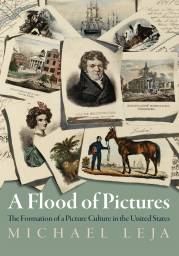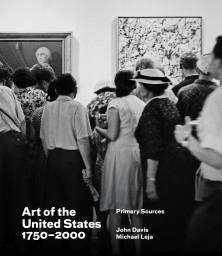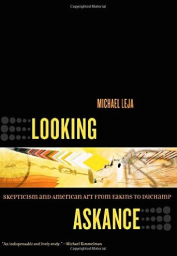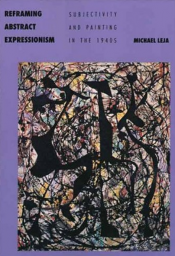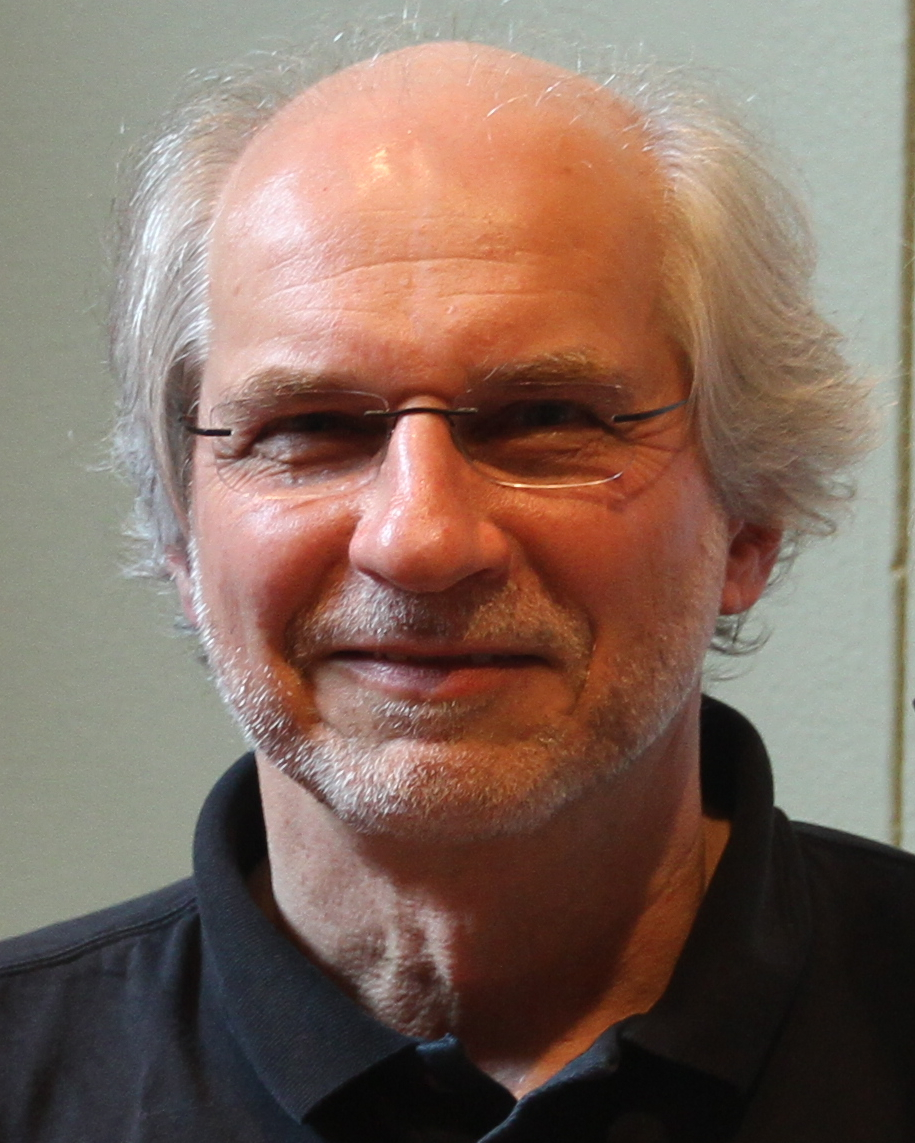
Michael Leja (Ph.D., Harvard) studies the visual arts in various media (painting, sculpture, film, photography, prints, illustrations) in the 19th and 20th centuries, primarily in the United States. His work is interdisciplinary and strives to understand visual artifacts in relation to contemporary cultural, social, political, and intellectual developments. He is especially interested in examining the interactions between works of art and particular audiences. His book Looking Askance: Skepticism and American Art from Eakins to Duchamp (2004) traces the interactions between the visual arts and the skeptical forms of seeing engendered in modern life in northeastern American cities between 1869 and 1917. It won the Modernist Studies Association Book Prize in 2005.
An earlier book, Reframing Abstract Expressionism: Subjectivity and Painting in the 1940s (1993) situates the paintings of Jackson Pollock, Barnett Newman, and others in a culture-wide initiative to re-imagine the self in the midst of a traumatic history. It won the Charles Eldredge Prize for Distinguished Scholarship in American Art from the Smithsonian American Art Museum. His new book, A Flood of Pictures: The Formation of a Picture Culture in the United States (2025), traces the beginnings of a transformation in US cultural life, when widespread circulation of pictures reshaped a culture accustomed to printed and spoken words. The foundations for our picture-saturated twenty-first century can be seen in the developments explored in this book.
In 2025 he received the Distinguished Teaching of Art History Award from the College Art Association. In fall 2025 and fall 2026 he will be the Leonard A. Lauder Distinguished Scholar in Residence at the Metropolitan Museum of Art in New York.
Art History Professor Michael Leja wins 2008 Guggenheim Fellowship


